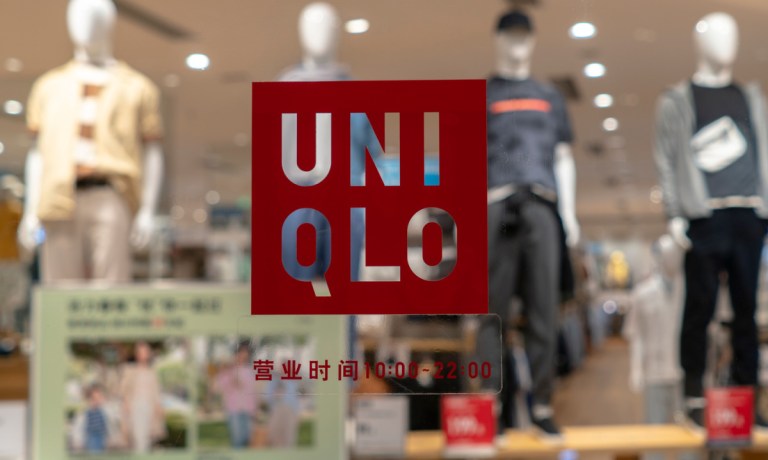Budget-Conscious Chinese Consumers Drive Sales for Value-Focused Companies

Companies that cater to budget-conscious Chinese consumers have reportedly seen sales soar, while their upmarket rivals have struggled to keep up.
Online retailer Pinduoduo, budget household-goods chain Miniso and Japanese fashion brand Uniqlo are among the companies that have benefited from this shift in consumer behavior, as Chinese shoppers have become more conscious of cutting costs and seeking out affordable options, The Wall Street Journal (WSJ) reported Friday (Oct. 13).
Pinduoduo, for example, saw its revenue jump 66% to $7.2 billion in the second quarter of this year, according to the report. The platform, which offers groceries, apparel, electronics and other items at lower prices than many other retailers, has attracted not only consumers from less developed parts of the country but also middle-class consumers in major cities.
Similarly, Uniqlo has become a favorite among Chinese shoppers looking for value for money, the report said. Many local shoppers believe that Uniqlo offers the best value for money, according to investment group CLSA Securities, and Uniqlo’s China sales hit a record for the company’s fiscal year that ended on Aug. 31.
The rise of these budget-friendly retailers comes at a time when China’s post-pandemic economic recovery has been uneven, according to the report. While citizens have resumed shopping, traveling and dining out, they are now scrutinizing their spending more carefully. Chinese social media platforms are filled with discussions about “consumption downgrades,” where people share their experiences of finding cheaper alternatives for everyday items.
Increased uncertainty around employment and incomes has contributed to this trend of Chinese households being more selective in their spending, the report said. This trend is expected to continue in the near term, though analysts suggest an increasingly affluent middle class will drive higher spending in the long run.
It was reported in May that consumer spending in China may be slow to climb back to where it was before COVID, even though the country lifted its pandemic-era restrictions in December. Obstacles to a recovery of consumer spending include the absence of stimulus checks in China, regulations that have eliminated 30 million jobs in the short term and 10 million in the longer term, and a slowdown in the housing market, CNBC reported on May 29.
In July, Bloomberg attributed the slowdown to weak consumer confidence that has placed a drag on the initial rebound that took place after China ended its pandemic-era lockdowns.